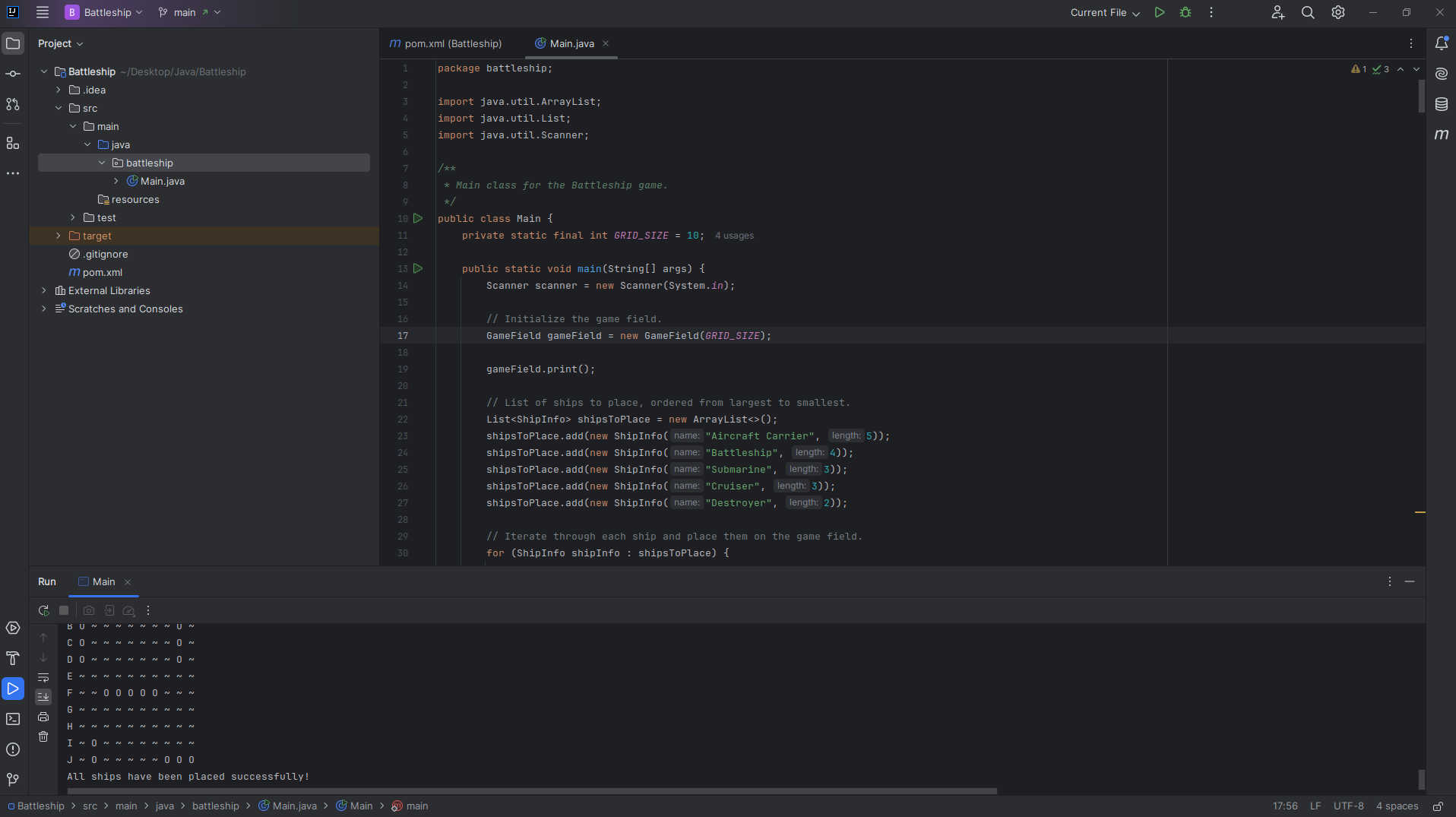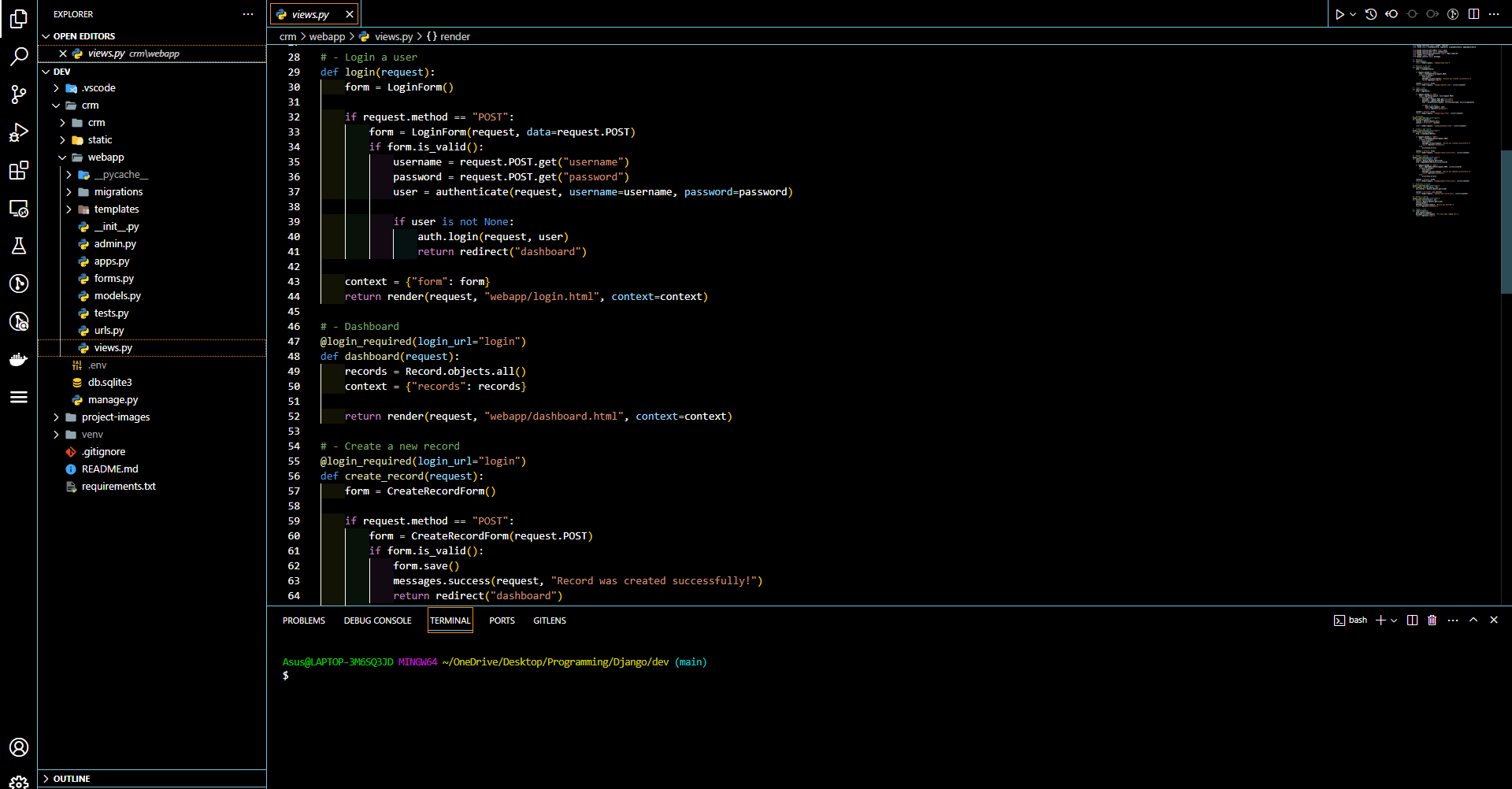Deciding to transition into a software engineering career is an exciting and ambitious goal. Even though I graduated with a Bachelor in Science in IT/Software Engineering long ago, it took me a while to realize I wanted to make the leap.
As you embark on this journey, it’s important to understand that becoming a proficient developer takes time, dedication, and a strategic approach. However, with the right mindset and action plan, you can set yourself up for a smooth and successful career change.
Here are some of the things that I have done or am working on in order to secure a job as a software engineer.
Develop a Consistent Coding Habit

One of the keys to learning programming and building your skills is to make it a consistent part of your routine. Treat coding like any other important habit, such as exercise or meditation. I personally have replaced coding with gaming. I find that I get more enjoyment out of creating things with code than mindlessly playing a lot of video games that don’t benefit me in the long run.
Aim to dedicate a set amount of time each day, even if it’s just 30 minutes, to work on coding projects, complete online tutorials, or study programming concepts.
The more frequently you practice, the faster you’ll progress. Consistent, focused effort is far more effective than sporadic, marathon coding sessions. Set reminders, block off time in your calendar, and make coding a non-negotiable part of your daily schedule. This discipline and commitment will pay dividends as you work towards becoming job-ready.
Build a Portfolio of Personal Projects
While formal education and certification are important, employers in the tech industry also place a high value on practical, hands-on experience. The best way to demonstrate your skills and passion for coding is to build a portfolio of personal projects.
Start small with simple applications, websites, or scripts that allow you to apply the programming concepts you’re learning. Don’t be afraid to tackle projects that stretch your abilities – this is how you’ll grow the fastest. As you gain more confidence and knowledge, take on increasingly complex projects that showcase your problem-solving skills, creativity, and ability to bring ideas to life.
When building your portfolio, focus on projects that align with the type of software engineering roles you hope to land. This could include web applications, mobile apps, data visualization tools, automation scripts, and more. Be sure to document your process, challenges faced, and lessons learned for each project. This will not only help you improve but also provide valuable talking points during interviews.
Get Involved in the Developer Community
Networking and collaborating with other software engineers is an incredibly valuable way to accelerate your learning and career growth. Seek out opportunities to participate in the broader developer community through the following avenues:
– Open-source contributions: Look for open-source projects on GitHub that align with your interests and skills. Even small contributions, such as fixing bugs or improving documentation, can be great ways to get involved, build experience, and make connections.
– Online forums and communities: Join online programming communities, such as subreddits, Discord servers, or Slack channels, where you can ask questions, share your work, and learn from more experienced developers.
– Local meetups and events: Attend local meetups, hackathons, or coding events to meet other developers in your area, learn about new technologies, and potentially find mentorship opportunities.
– Coding challenges and competitions: Participate in coding challenges, hackathons, or online programming competitions to test your skills, gain exposure, and network with other participants.
Engaging with the developer community not only helps you learn and improve your coding abilities but also allows you to build relationships and potentially find job opportunities down the line.
Develop Strong Communication Skills
While technical skills are essential, effective communication is equally important for software engineers. Employers often value candidates who can clearly explain complex concepts, collaborate with cross-functional teams, and present their work.
To cultivate these communication skills, consider the following:
– Start a coding blog: This is why I created Loopfinite.com. Because writing about the projects you’re working on, the challenges you face, and the solutions you discover is a great way to practice technical communication. It also serves as an additional portfolio piece for potential employers.
– Participate in code reviews: If you have the opportunity to collaborate with other developers, offer to participate in code reviews. This will give you experience providing and receiving constructive feedback, which is a critical skill for any software engineer.
– Present your work: Look for chances to present your projects, whether it’s at a local meetup, a company hackathon, or even a virtual presentation to your peers. This will help you develop your public speaking skills and the ability to effectively communicate technical concepts.
The more you can demonstrate your ability to communicate complex ideas in a clear and concise manner, the more attractive you’ll be to potential employers.
Prepare for the Job Search and Interview Process
As you near the end of your coding journey and start applying for software engineering roles, it’s important to prepare thoroughly for the job search and interview process. This includes:
– Crafting an effective resume and cover letter: Highlight your relevant skills, projects, and achievements in a way that aligns with the job descriptions you’re applying for.
– Practicing for technical interviews: Familiarize yourself with common coding interview questions and practice solving them, either on your own or with a study partner. Be ready to discuss your past projects and demonstrate your problem-solving abilities.
– Researching companies and roles: Thoroughly research the companies you’re interested in, their technologies, and the specific responsibilities of the roles you’re applying for. This will help you tailor your applications and interviews.
– Networking and reaching out to connections: Leverage your connections, whether through online communities, previous colleagues, or alumni networks, to learn about job opportunities and potentially get your foot in the door.
The job search process can be lengthy and challenging, but by preparing thoroughly and staying persistent, you’ll increase your chances of landing your first software engineering role.
Embrace a Mindset of Continuous Learning
One of the most important traits for a successful software engineer is a passion for continuous learning. The field of technology is constantly evolving, with new languages, the importance of Artificial Intelligence, frameworks, and best practices emerging all the time. Adopting a mindset of lifelong learning will not only help you excel in your first role but also ensure you can adapt and thrive throughout your career.
Make a habit of setting aside time each week to explore new technologies, attend online courses or webinars, read industry blogs, and experiment with different tools and techniques. By continuously expanding your knowledge and skills, you’ll become a more well-rounded and valuable engineer.
Remember, the journey to becoming a software engineer is a marathon, not a sprint. Stay patient, persistent, and focused on steady progress. With dedication, practical experience, and a commitment to learning, you can position yourself for a rewarding and successful career in this dynamic and in-demand field.
